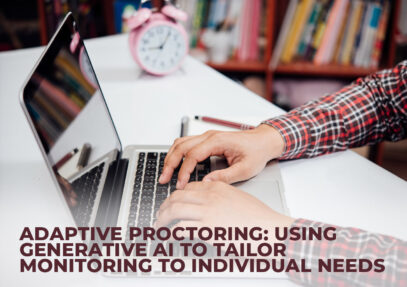
Effective communication is much more than simply talking. It is as, if not more, about listening. Two-way communication, in which both parties actively listen and communicate, is critical for encouraging cooperation, increasing productivity, and establishing a happy work atmosphere.
In this article, we’ll look at the importance of listening in the workplace, with an emphasis on interactions between managers and teams, as well as ideas for improving active listening. Let’s start with some intriguing facts to emphasize the relevance of this practice.
According to research performed by UKG’s Workforce Institute, 74% of employees feel more successful and engaged at work when they sense their opinions are heard. Furthermore, The Communication Statistics 2023 Research from Project. co puts light on the expenses associated with poor company communication:
- Wasted time (mentioned by 68% of study respondents)
- Missed communications (53%)
- Burnout, stress, & weariness (42%)
- Lost files (35%)
- Unsatisfactory customer experiences (30%)
- Lost customers to competitors (12%)
- Lost employees (10%)
Benefits Of Listening To Employees
Listening to employees goes beyond just hearing their words; it involves understanding their perspectives, addressing their concerns, and acting on their suggestions. Here are some of the key benefits of active listening in the workplace:
1. Increased Job Satisfaction
Active listening is the foundation of increased job satisfaction. When employees truly believe that their views are heard and respected, a great sense of satisfaction develops in the workplace. This satisfaction, in turn, might reflect in increased morale among employees, resulting in a significant drop in employee turnover. Moreover, employees who feel heard are more likely to stay with the company and show steadfast loyalty.
2. Improved Focus And Decision-Making
A multitude of perspectives and information are available to managers and leaders who actively listen to their staff. As a result, they become more adept at making precise judgments and launching strategic plans that are firmly based on a comprehensive grasp of the organization’s advantages & disadvantages. In the end, decision-makers are guided toward better results by the multitude of viewpoints obtained via active listening, which sharpens the organization’s focus and improves its decision-making procedures.
3. Increased Productivity
Engaged and content employees tend to be more productive, as they draw motivation from the sense of ownership they experience over their work. When employees feel that their contributions matter and that their voices are a vital part of the organizational chorus, they become intrinsically invested in their roles – making this intrinsic motivation a powerful driver of productivity.
4. Increased Collaboration
Employees are more likely to work with their colleagues when they believe their ideas, thoughts, and proposals are valued. Knowing that their opinions are respected motivates individuals to offer their knowledge, experience, and ideas more freely. This open collaborative environment amplifies the organization’s collective intelligence and leads to the establishment of stronger and more cohesive teams.
5. Enhanced Business Relationships
Active listening leads to trust & respect, which are the foundations of effective business relationships. When managers and leaders sincerely listen to their staff, it indicates a deep commitment to mutual understanding and progress. Employees, in return, respond with faith in their leaders and respect for their coworkers. This two-way trust and respect spreads across the business, producing a more peaceful and inclusive working culture.
Strategies For Enhancing Active Listening
Now that we’ve established the significance of active listening, let’s look at some techniques for improving this crucial ability in the workplace:
1. Minimize Distractions
Both managers and employees should make an effort to minimize distractions during conversations. This means putting away smartphones, closing unnecessary tabs on the computer, and finding a quiet space for all important discussions.
2. Ask Questions
Encourage a culture of curiosity and inquiry. Managers should ask open-ended questions that promote deeper conversations and allow employees to share their thoughts more freely.
3. Provide Feedback
It’s not just about listening; it’s about acknowledging what you’ve heard. Providing feedback—whether positive or constructive—shows employees that their input is valued. For example, if you hear something that you want to encourage, explain why you appreciate the suggestion. And if they say something you want to correct, be diplomatic in your correction.
4. Avoid Assumptions
Assumptions can lead to misunderstandings and miscommunications. Instead of making assumptions, clarify any uncertainties by asking for clarification or further explanation. For instance, if you think you understand the employee’s position, ask him to clarify – verbally or in writing. Then, listen carefully to his response and adapt your subsequent questions accordingly.
5. Provide A Platform For Employees
Give employees a platform where they can express themselves and share their ideas. This could be through regular team meetings, suggestion boxes, or even digital channels like social media groups or clubs within the organization.
Wrapping Up
Listening is the foundation of two-way communication in the workplace. It is not only about hearing words; it is also about comprehending, appreciating, and acting on employee input and suggestions. According to various research & data, active listening leads to higher work satisfaction, better decision-making, increased productivity, improved cooperation, and stronger business partnerships.
At EnFuse, where productivity meets employee happiness! Our top priority is ensuring that our employees feel motivated, engaged, and satisfied in their jobs. We also aim to reduce stress and burnout.

















Comment